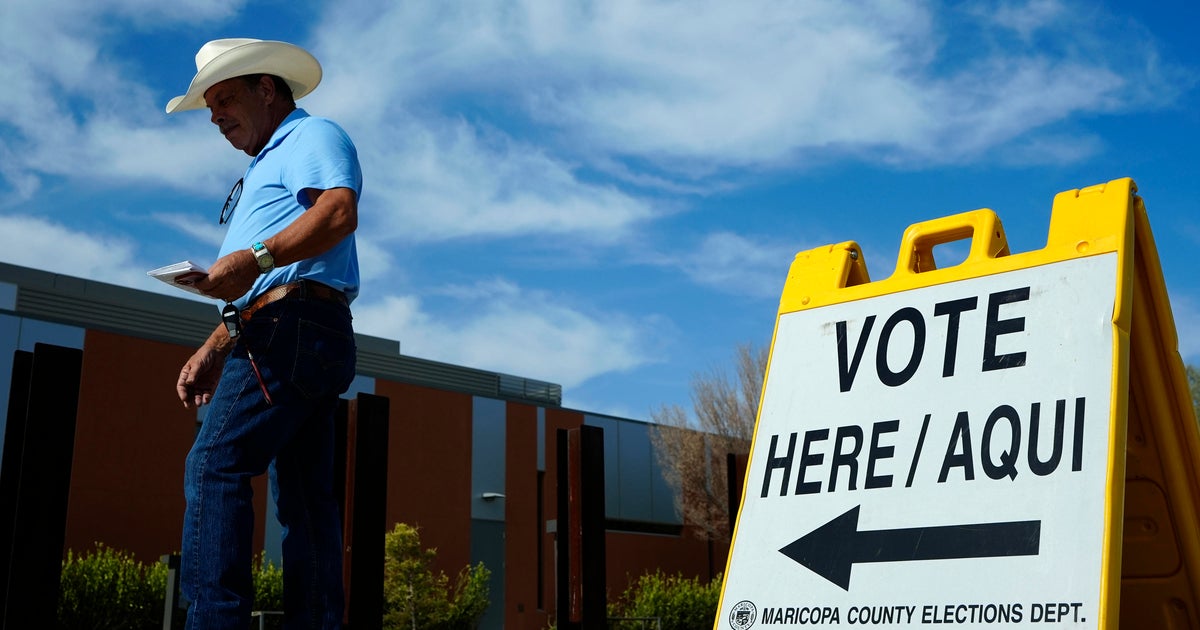The Arizona Supreme Court ruled Friday that nearly 98,000 people whose citizenship documents have not yet been confirmed will be allowed to vote in state and local elections.
The court’s ruling comes after officials discovered an error in the database that left voters wrongly identified as having access to the full ballot for two decades.
Secretary of State Adrian Fontes, a Democrat, and Stephen Richer, the Republican clerk of Maricopa County, disagreed over what status the voters should have. Richer asked the state Supreme Court to weigh in, saying Fontes ignored state law by advising county officials to let affected voters cast their entire ballots.
Fontes said not providing access to the full ballot to voters who believed they had met voting requirements would raise concerns about equal protection and due process.
The high court agreed with Fontes, saying county officials lack the authority to change voters’ status because those voters registered long ago and declared themselves citizens under penalty of law. The justices also said voters were not responsible for the database error and cited the short time remaining until the Nov. 5 general election.
“Based on these facts, we do not seek to disenfranchise voters en masse from participating in state elections,” Chief Justice Ann Scott Timmer said in the ruling.
Arizona is unique among states in requiring voters to prove their citizenship in order to participate in local and state races. Voters can prove their citizenship by presenting a driver’s license or tribal ID number, or they can attach a copy of a birth certificate, passport or naturalization papers.
Arizona considers driver’s licenses issued after October 1996 as valid proof of citizenship. However, a system coding error marked nearly 98,000 voters who obtained a driver’s license before 1996 — about 2.5 percent of all registered voters — as full voters, state officials said.
The error between the state’s voter registration database and the Motor Vehicle Division would not have affected the presidential race. But that vote count could be decisive in hotly contested races in the state Legislature, where Republicans hold slim majorities in both chambers.
It could also have implications for voting measures, including: the constitutional right to abortion And the criminalization of non-citizens for entering Arizona through Mexico at a location other than a port of entry.
In a post on the social platform X, Richer thanked the court for its swift review of the case and Fontes for its cooperation in addressing the error.
